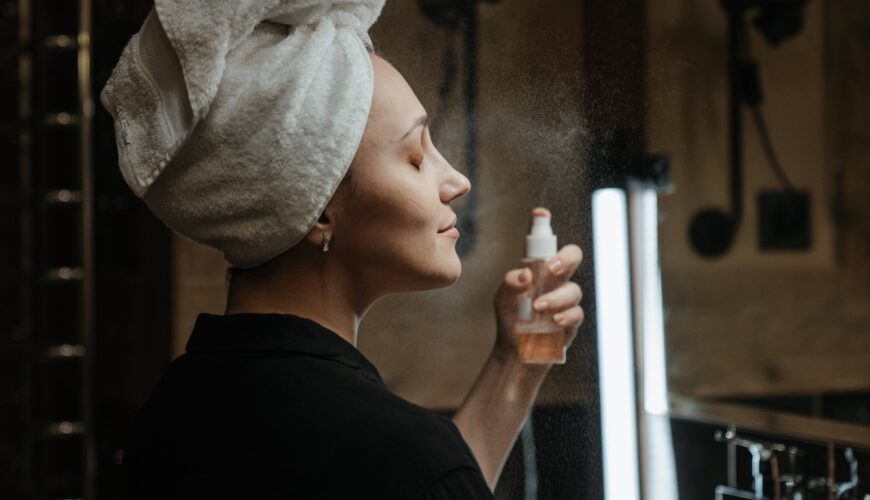Part of our daily routine to maintain the better state of our health, aside from eating right and being active, is taking various supplements. In fact, the industry of supplements continues to bloom in the market. According to American Botanical Council, herbal and dietary supplements reached $6 billion sales annually.
While this popularity of supplements attribute to the fact that people nowadays are more aware on the importance of being healthy, patronizing these over-the-counter products can bring harmful effects to the body. According to this website, unfortunately many of these supplements did not underwent thorough tests, that is why there is no assurance that these products can add the additional nutrients the body needs. Furthermore, there are unconfirmed claims of health benefits, and here are some of the following:
1.Too much consumption of Vitamin D can cause harm to the kidneys

Vitamin D aids in protecting our bones, reducing the risks of bone conditions like osteoporosis. Also, it helps the body to fully consume the calcium from the foods and supplements.
However, if diagnosed with a good state of health, micro-nutrients like Vitamin D is not needed to consume more from what the body is needed. Furthermore, a report from U.S. Preventive Services Task Force claimed that Vitamin D is not necessarily needed in preventing the bone breakage.
Another health risk of consuming Vitamin D too much is the risk of harming the kidneys. Blood levels with higher than 100 nanograms per milliliter (ng/mL) can have more calcium absorption, leading to kidney stones, as claimed by Cleveland Clinic.
According to Institute of Medicine, it is when a woman reaches 65 and above should take more Vitamin D because this is the time that their bodies are deficient on this nutrient. At this time, women needed 600 IU per day for people ages 1 to 70, and 800 IU per day for 71 years old and above.
2.Excess Calcium stays in the Arteries
Calcium has always been the bone’s number one best friend when it comes to continue the strength of the heart and bones. Insufficiency of this vitamin, also called hypocalcemia, is not good for the system. However, research claims that better calcium in the body can be best gained by consuming foods that are rich on this mineral like milk, cheese, and stimulated juices and cereals. Individuals ages 19 to 50 is recommended to have daily 1,000 milligrams (mg) of calcium, and 1,200 mg a day for ages 51 years old and older.
Too much calcium in the body can also bring the body to a greater risk too, that is why healthy persons do not have to take calcium supplements. According to Cleveland Clinic, the extra calcium gained by the body settles in the arteries and not in the bones, even if there has Vitamin D on the body, that aids to absorb more of this mineral, as already mentioned. 19 to 50 years old people who has more than 2,500 mg of calcium daily and more than 2,000 mg for 51 and older is already too much, causing more problems to the body.
3.No multivitamin can ever stand as substitute for a healthy diet

It is assumed that most of the people are fascinated on the idea of taking vitamin supplements because they think that they are not getting the nutrients their body needs with just their daily consumption of foods and drinks.
Two of various researches have discovered two contradicting ideas about taking supplements and its effects on the body and health. Archives of Internal Medicine, with their examinations to women for more than 19 years, published an October 2011 study that revealed that women, on average, who took supplements had an increased chance of dying compared to women who did not take supplements. Four years after that publication, a study of Journal of Nutrition in January 2015 discovered that more than 8,000 individuals ages 40 and above who are taking supplements for more than three years had a lower risk of having heart disease.
Despite of these and more studies being conducted, there is no definite verdict if there is any essential benefit of taking supplements to have better state of health.
Regardless, any supplement can never replace the benefits of having a healthy diet.
4.Consider fish oil or Flaxseed instead of taking fish oil supplements
Despite of the benefits of omega-3 fatty acids especially in the heart health, fish oil supplements discovered to have disputed benefits in the heart. New England Journal of Medicine conducted a study in 2013 in which it was revealed that people with cardiovascular disease that took fish oil supplements does not guaranteed to lessen the risk of death compared to those who are not taking the said products.
For the experts, it is still better to gain these omega-3 fatty acids through foods like flaxseeds, walnuts and avocados. Furthermore, including two fishes per week in your diet can be a great help to have the omega-3 that is needed by the body.
5.Soy Isolate can cause Breast Cancer

Soy in supplement forms have always been included as options of women who are experiencing menopause. Despite of its help to relieve the effects of menopause, soy isolate in supplements have estrogen properties that can contribute to heighten the chances of breast cancer, according to some researches.
Relying on foods that are rich in soy is still the best way to get the soy along with other minerals needed especially by the women’s body to minimize the effects of menopause.




